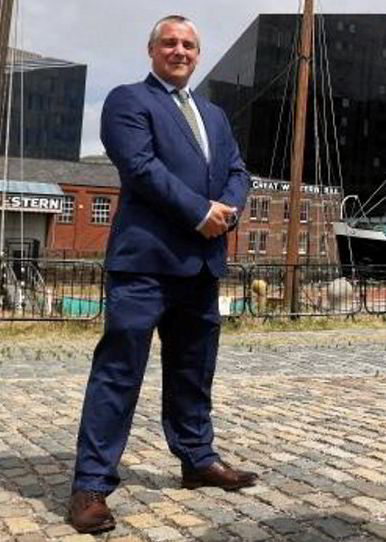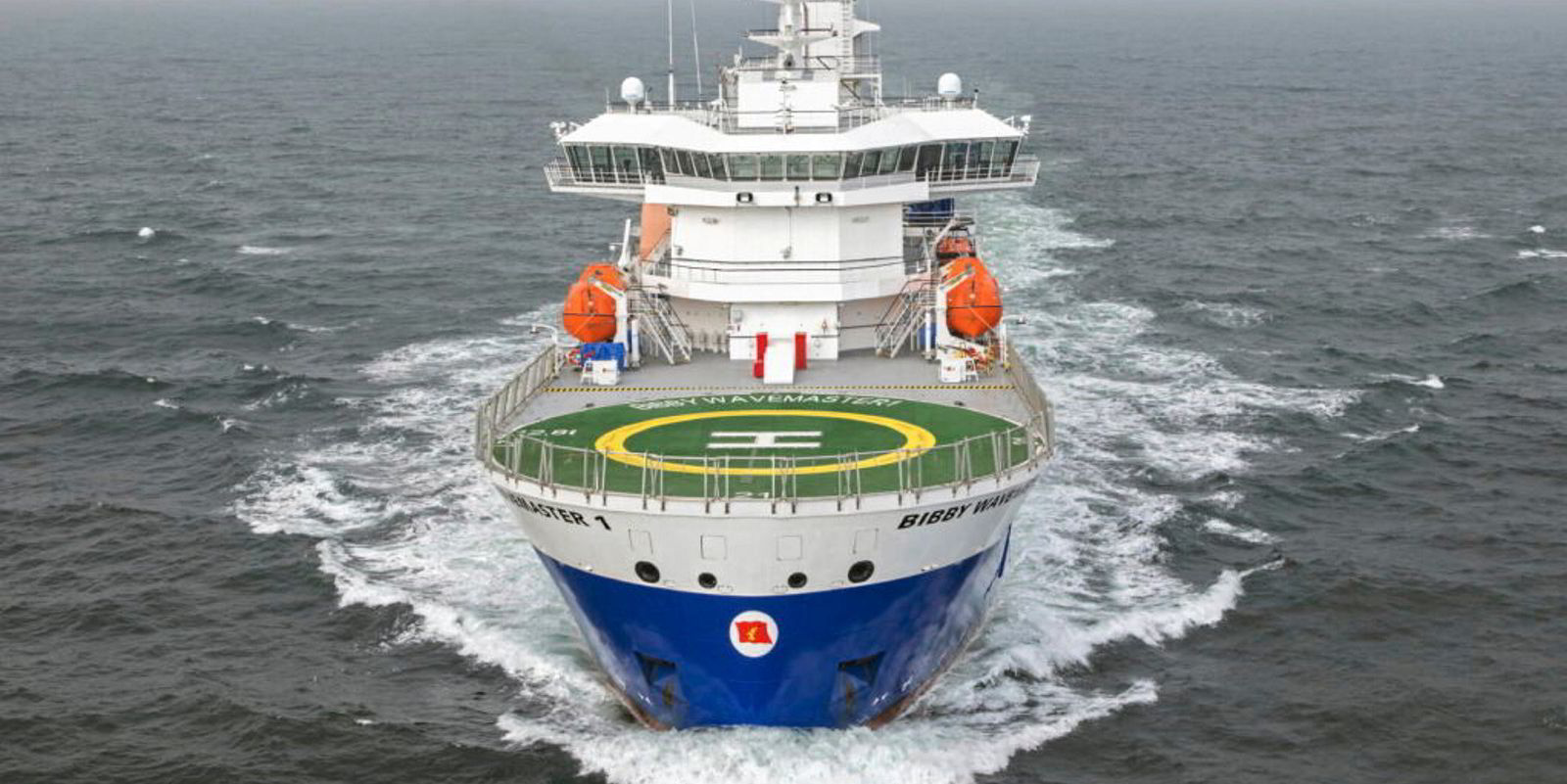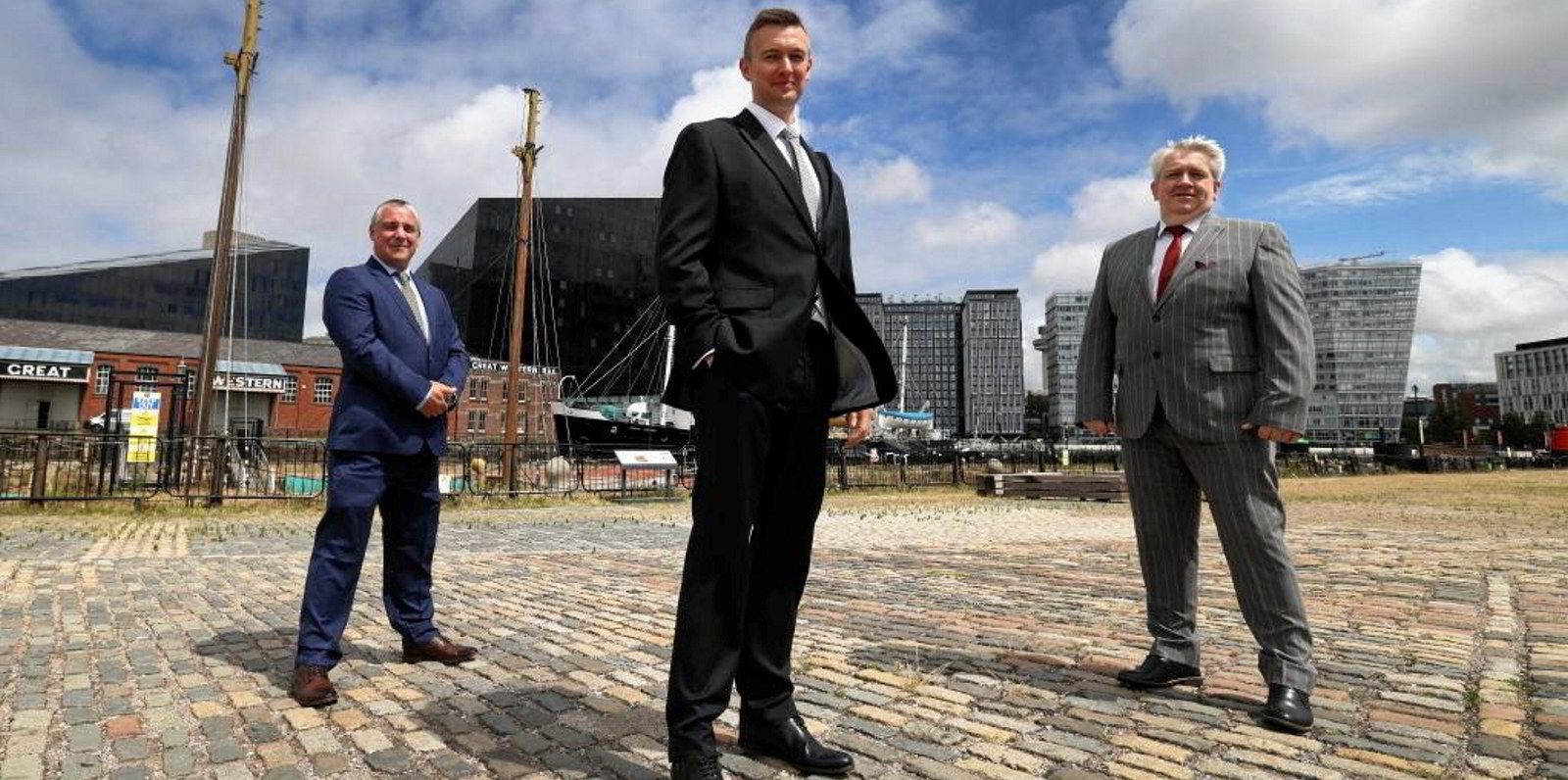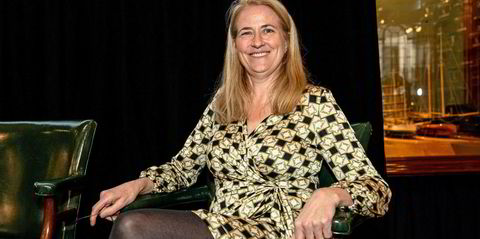After replacing a diesel generator on an offshore wind vessel with a methanol fuel cell system to cut emissions by 92% in a UK green marine demonstration project, Expleo is looking to scale up for larger vessels.
The UK engineering group has submitted a significant bid to continue feasibility and demonstration studies in the next phase of the Clean Marine Demonstration Competition (CMDC) funded by the UK Department for Transport with a total budget of about £12m ($14.5m).
With a budget of £350,000 in the first phase, Expleo demonstrated a 1.6-MW fuel cell system on the 6,241-gt offshore windfarm service vessel Bibby Wavemaster 1 (built 2017).
It projected the solid oxide fuel cell (SOFC) system would achieve a 92% reduction in greenhouse gas emissions and operational savings of £1.4m per year for the vessel.
Employing grey methanol-fuelled SOFCs means the exhaust has a high concentration of CO2. Those emissions are recycled by a novel carbon capture and storage concept using the emptied methanol fuel tanks to take compressed CO2 (which is about the same volume) for synthesis into green e-methanol.
Lithium titanium oxide batteries with about 500-kilowatt-hour capacity are used for peak power, sudden changes in energy requirement and dynamic positioning. The type will not burst into flames if punctured.
Estimating retrofit costs and including fuel price savings from grey methanol, which is cheaper than marine gas oil when used in fuel cells, plus costs of £85 per tonne from the European Emissions Trading System (ETS), Expleo said payback would be achieved in four years.
The ETS comes into effect next year, requiring carbon allowances for 20% of vessel emissions at first before rising to 100% of emissions by 2026.
Expleo will work with a consortium, including equipment developers, to explore the scalability of the closed-loop methanol system if it wins a grant for the second stage of the CMDC scheme originally set up as part of a plan to position the UK at the forefront of green maritime technologies.
Paul Burns, chief engineer of marine at Expleo, said the company will “focus on solving all three parts of the problem: power generation, carbon capture and the carbon utilisation process”.
“That would be the next stepping stone in terms of laboratory-based demonstration, and for CMDC3 a progression to an onboard demonstrator which is aligned with each of the three technologies’ development,” he said.
The third phase will have a total budget of around £50m.
Mal Stein, systems engineering manager for marine at Expleo, said the researchers had been looking at figures for large container ships that might burn around 32,500 tonnes of fuel per year and so emit 2.6m tonnes of CO2 over a lifetime.

“We’d love to do a feasibility study on a large ship,” Stein said, adding that SOFCs will become more viable for larger tonnage as their cost falls.
However, big ships would still likely need a hybrid arrangement of fuel cells and battery power alongside a, preferably green, methanol-fuelled internal-combustion engine (ICE) for propulsion.
“Around about 3 to 4-MW systems could and should be solely powered by fuel cells,” Burns said. “When you get up to much larger ships, you are looking at that amount of fuel cells backed up by a methanol-fuelled ICE.”





